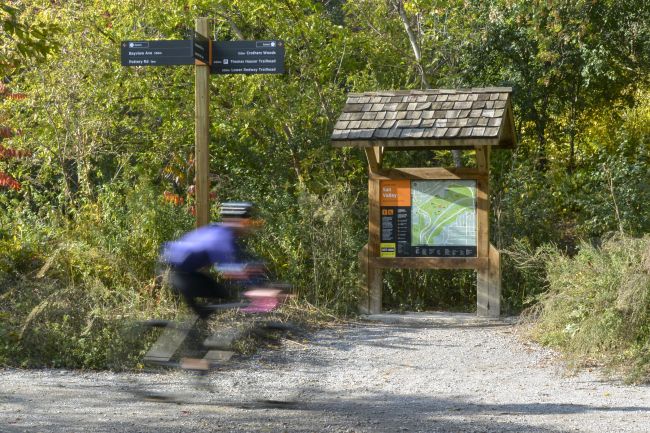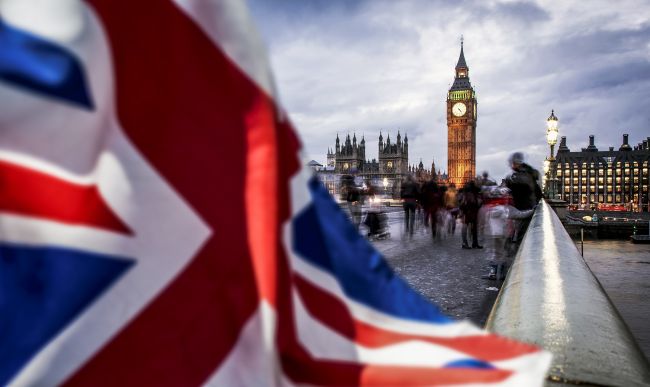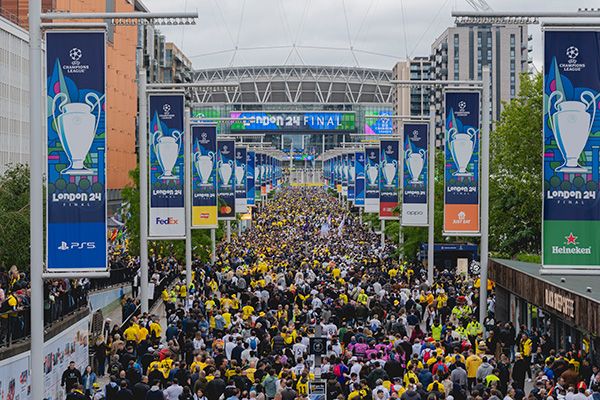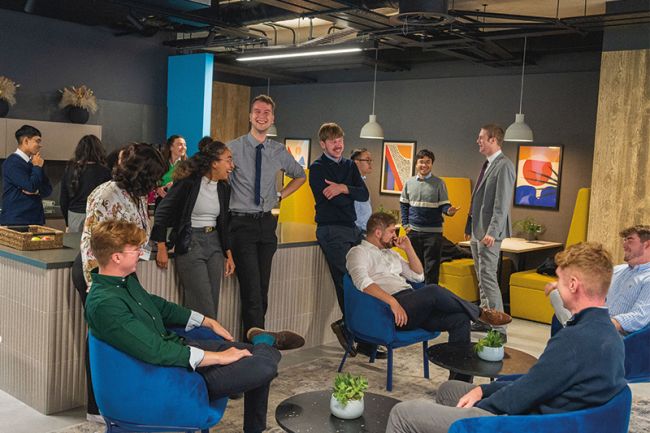In many economies, COVID-19 has caused a rapid decentralization of the urban economy resulting in a redistribution of work and services away from urban cores to secondary urban centers and satellite neighborhoods/towns with more people who can, choosing to work from home a greater proportion of the time.
At Steer, we are working with our clients to help them respond to these challenges, collectively reimagining our towns, cities and transportation systems for higher levels of sustainability. We are embracing and helping to shape emerging models such as equitable-TOD and the 15-minute city – based on the themes of proximity, diversity, density and ubiquity – to reduce reliance on the private car, respond to the climate emergency, and support community resilience.
Cities with good governance, access to data and an ability to embrace change have been able to respond most effectively – enacting plans to build back better through climate resilient infrastructure; equitable green spaces; multi-purpose/multi-function buildings; local workspaces/remote employment hubs; enhanced cycle and pedestrian facilities; access to health, leisure and education; restructured public transit operations and shared mobility solutions.
Our agile design process and understanding of the social, economic and environmental drivers of urban transformation allow us to help our clients respond effectively to this rapidly changing landscape. Our data analysts and modelers test and validate plans for the reconfiguration of streets, public spaces and urban developments, and our designers work closely with city authorities, planners and businesses to help shape urban strategies that enable cities/transit agencies and employers to impact behaviors, rebuild ridership, promote active travel and support the positive behavior change necessary for a sustainable urban future that considers wellbeing at its heart.







